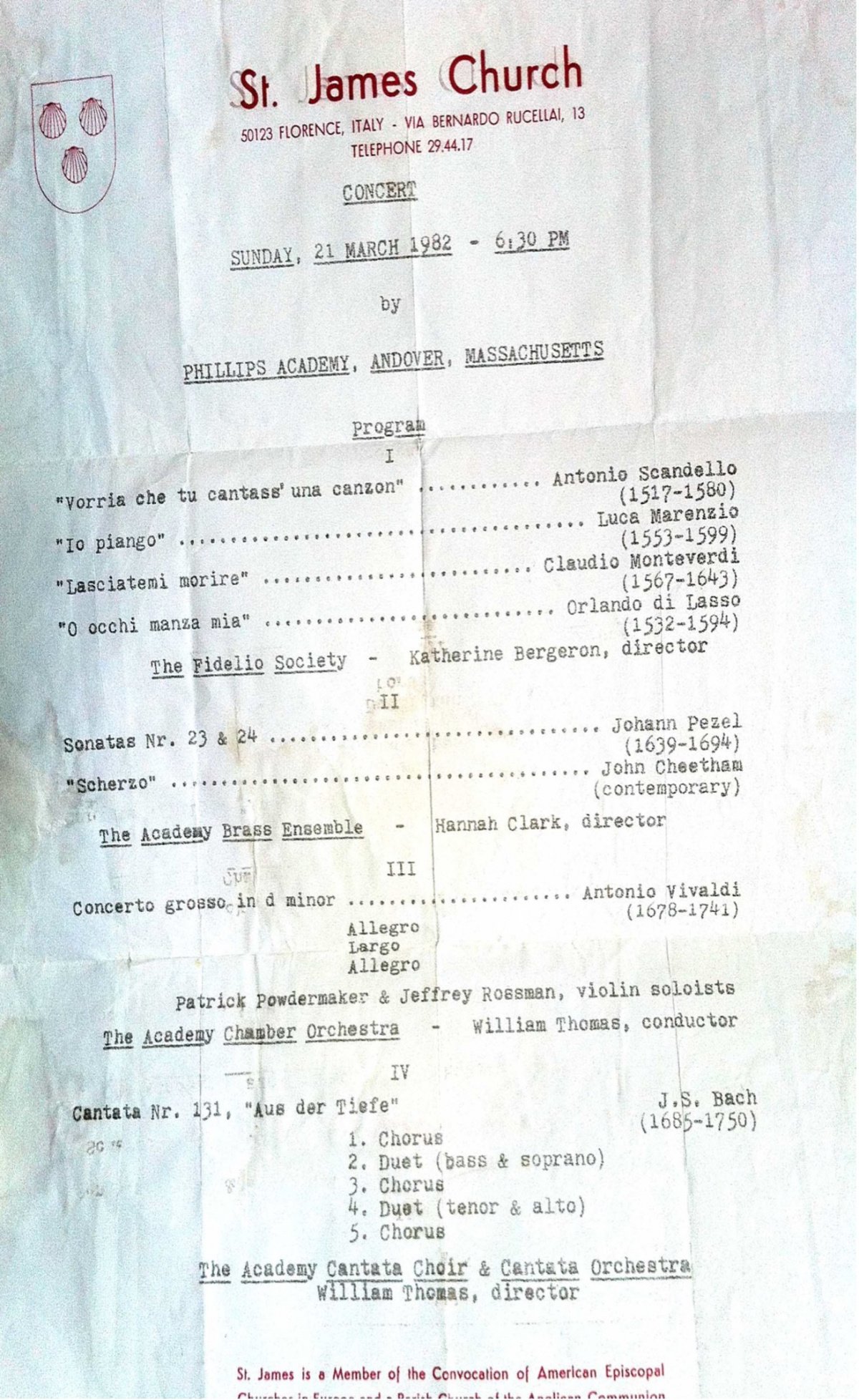This poem appeared in the hard copy journal Voice and Verse Poetry Magazine Intercourse and Intertextuality (2019).
Myself, ex, and child were in London. We stayed in Canary Wharf. Shout out to Mark Higham @theartshop360 for the image. I sat in the bathtub writing. Yes, at 3AM. I had spent the day alone pushing my child along in a stroller and went to the Tate. I can’t remember the exhibit. I remember wheeling the push chair as they say in UK English, or stroller as they say in American English, over concrete.
Lots of concrete. Are people still pouring concrete everywhere in an attempt to make floor fashionable? After living in a place where concrete dust was always flying due to buildings going up, I really loathe concrete. It’s a necessity, but why get worked up about it aesthetically?
By now, life was full-swing dysfunctional–although in retrospect, it was never functional and full of anxiety and abuse. There were only a few brief windows over the course of many years when there was any calm to the relationship. It was either volatility or boredom.
I see now from a distance that even in the early days (the reference below to steamy night was the night of Handover and meeting up in a bar in Lan Kwai Fong) there was an unease that later became a resignation. There was the stress of money, addiction, depression, passports, and whatever headaches that modern expatriate multi-national relationships potentially have. The difference at this point, which I clearly sensed, was infidelity, though I am now aware that lying is not something someone suddenly does. People lie. Or they don’t. Some lie more than others. At the root of lying is the fear of authenticity. My former mother-in-law was a redhead, which gives everything an Oedipal spin.
I wanted to create a poem that was very short and ambiguous, but not. There are always games of evasion and language. I like the poem now. Moreover, I inhabit such a different emotional space.
I. Am. Free.
I think that might be a new three-word poem. I think that’s about all I need to ever write. Because maybe, that’s all there really is. Once you start moving differently in your truth there is nothing more. This includes fear of Death. I may have some fear of certain physical gestures or movements (i.e. I don’t wear a hat anymore surfing because I tried to come up for air and the hat was in front of my face and I couldn’t get it off and it freaked me out), but fear of Death, no. I am truly not anxious…because yes, this is what it means to live in your own personal truth. You hit the end, and you’re okay with it.
I Never Liked Redheads
I see—
red hair and pale flesh straddling you.
I awaken,
sweat, kick in the dark.
I remember:
a silk dress damp against my skin
the steam of Hong Kong’s night
when you walked
in from the rain.
Desert sun on my back,
light spilled on your shoulders.
A soothing whisper, a baby born.
The wounds and crush.
Dream:
a journey down a silken road tropic solitude
walks in cold forests
slow, slow.
Poetry.
Truth:
long commutes, silent returns
a chase that devours.
Back to back
fast, fast.
Money.
I pen this in a hotel bathtub at 3AM,
rest on a brown cushion on cool porcelain.
You come in to pee.
I tell you the dream, you say,
I never liked redheads,
and return to sleep.


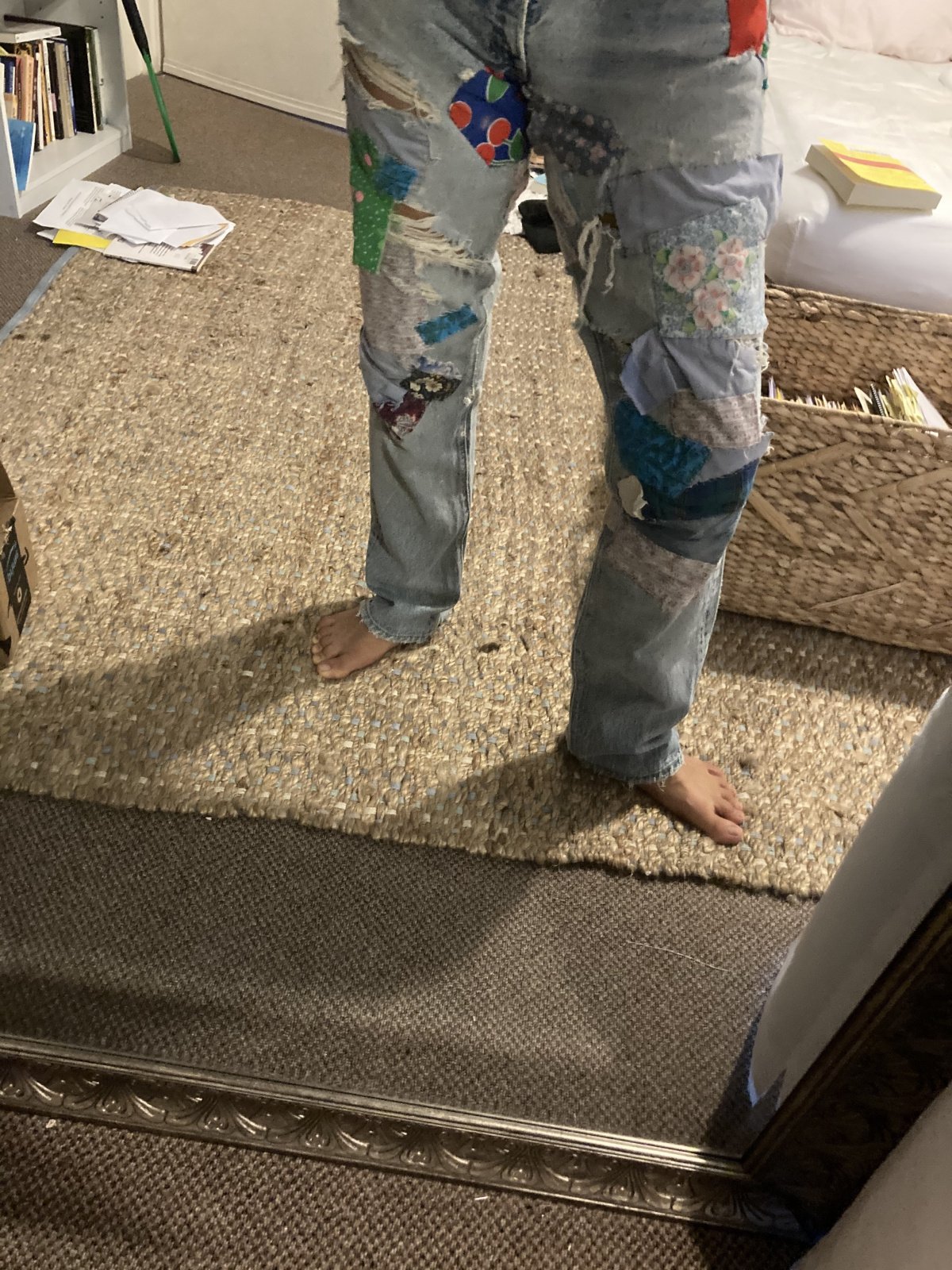
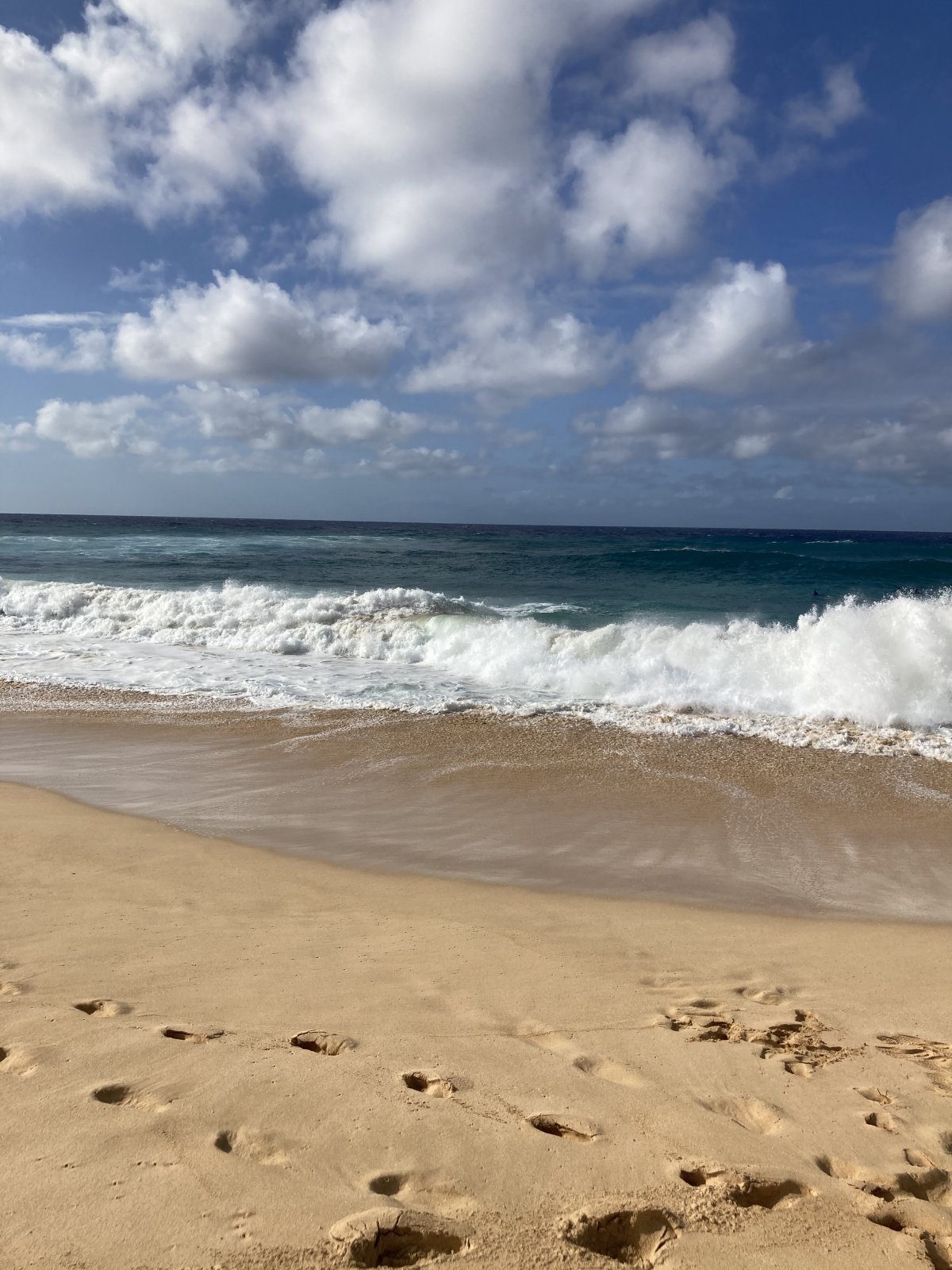
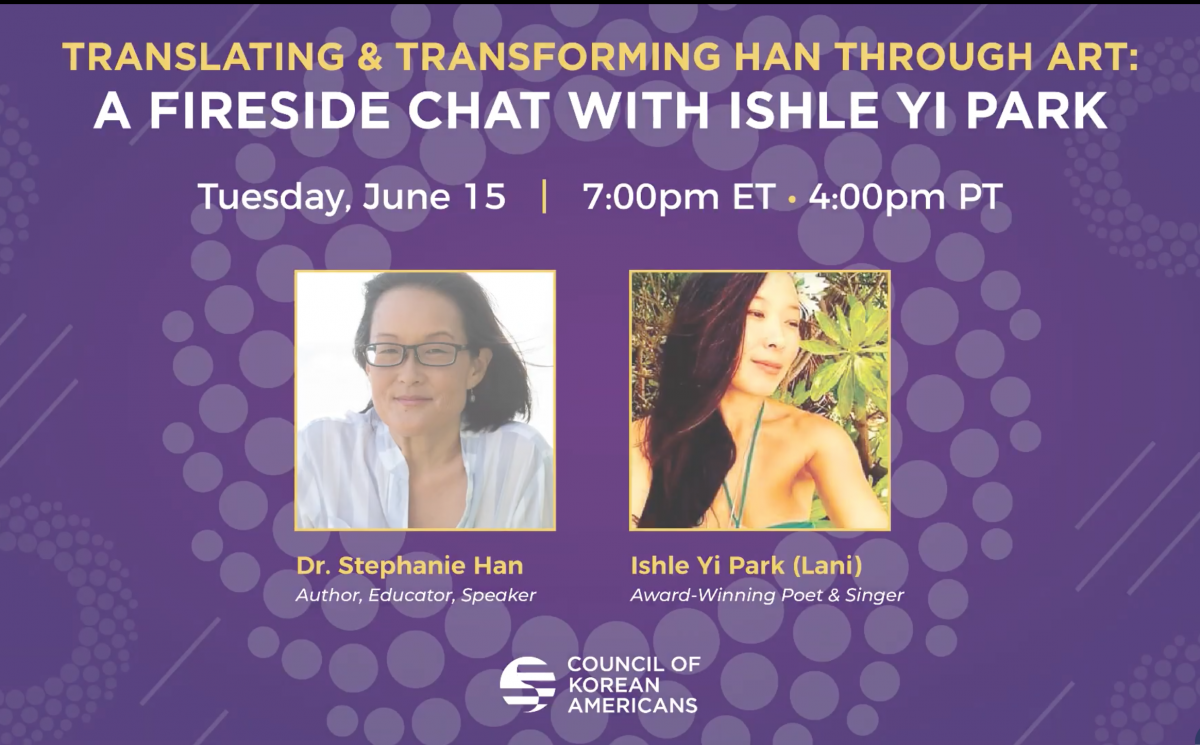
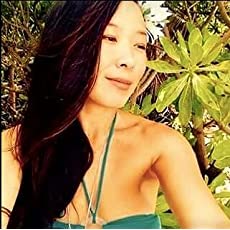 I interviewed
I interviewed 